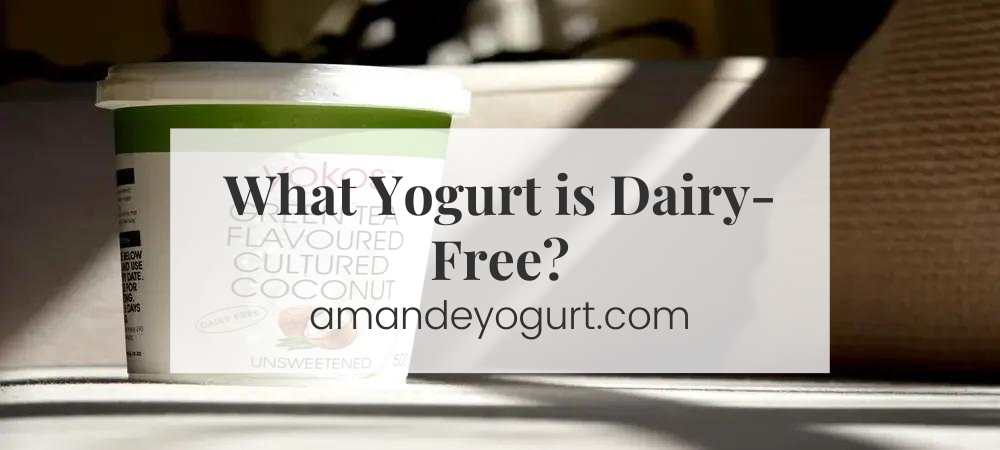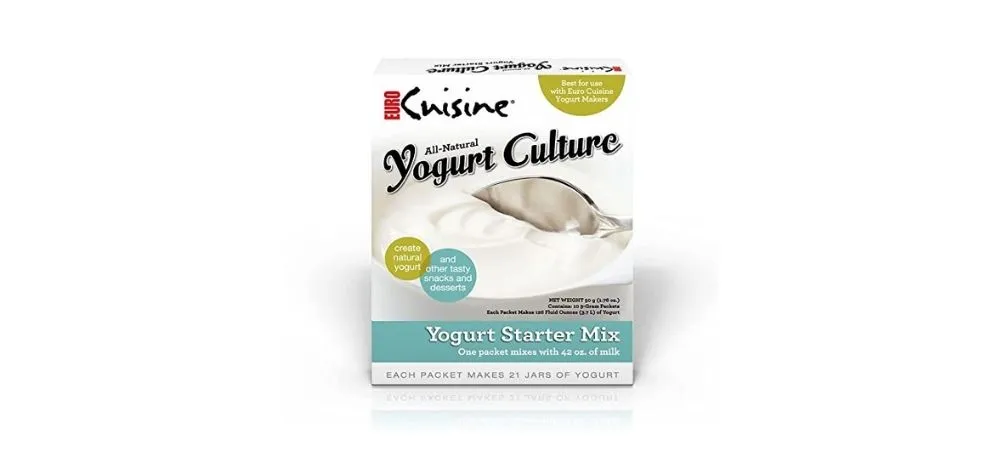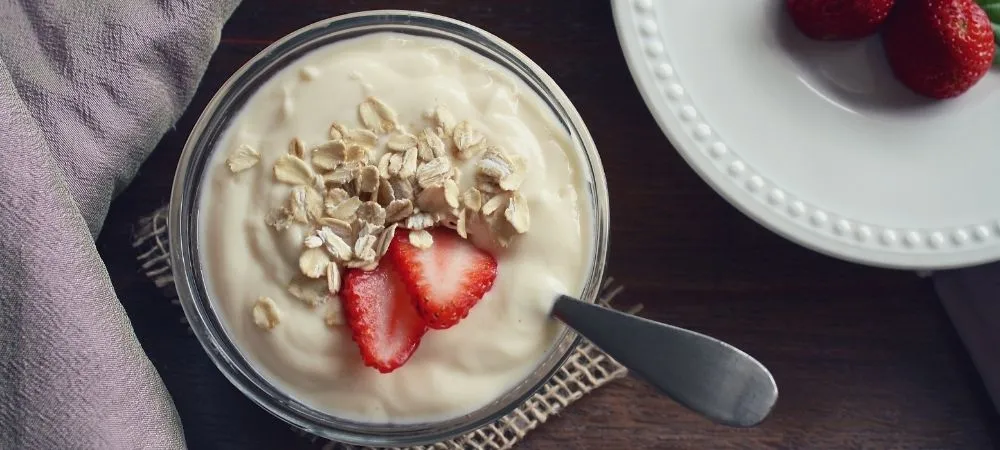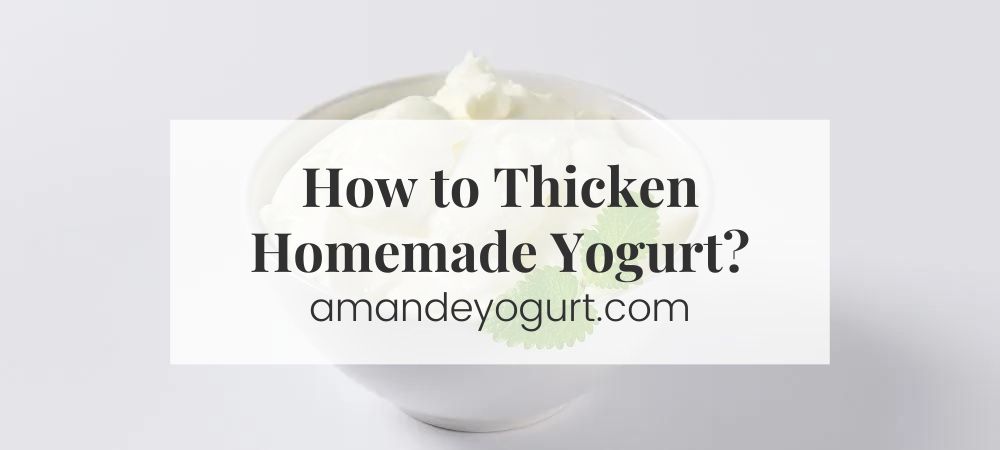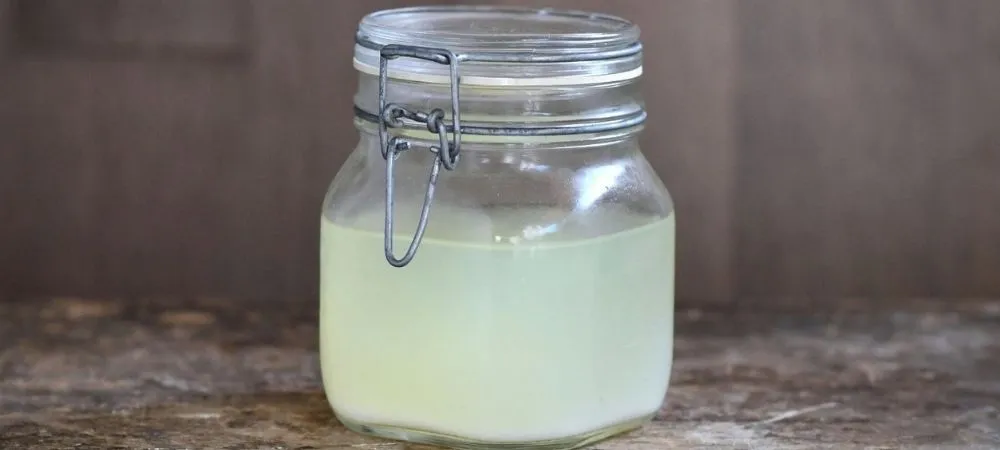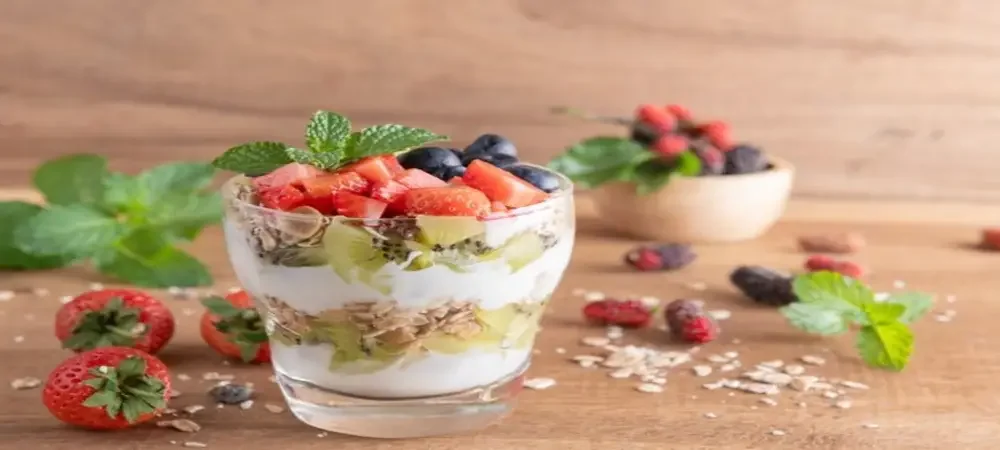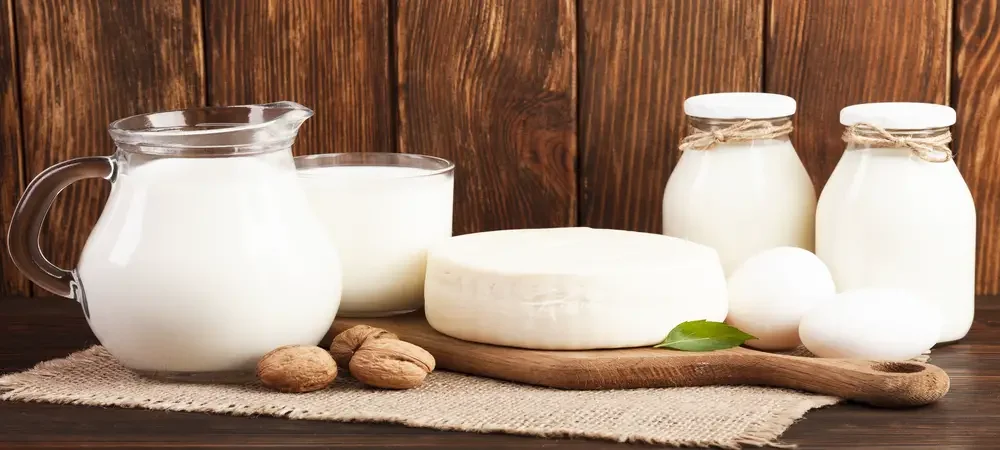Yogurt is a fermented milk product made by introducing specific types of bacteria to milk. The bacterial cultures consume the lactose in the milk and produce lactic acid, which gives yogurt its tart flavor. To make Greek-style yogurt, additional strains of bacteria are introduced that cause the liquid whey to drain off and thicken into a cheese-like consistency.
For people with lactose intolerance or dairy allergies, yogurt is not an appropriate food because it contains large amounts of milk protein, casein. Check out substitute for yogurts here!
What is Dairy-Free Yogurt?
In the U.S., any dairy-free yogurt must legally be labeled as such, which is why many non-dairy yogurts use terms like “dairy alternative,” “dairy substitute,” and “non-dairy yogurt.”
Often, these products are made from soy milk. However, some varieties are also made from rice milk or almond milk. Check out How to make lactose free yogurt?
Dairy-free yogurt or Vegan Yogurt is an appropriate substitute for lactose intolerance, gluten intolerance, and those who choose to follow a vegan diet. It can be enjoyed by anyone who enjoys the taste of this traditional yogurt treat! Coconut yogurt is a popular choice due to its delectable taste.
Is Greek yogurt Dairy-Free?
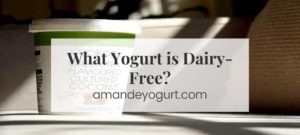
In some countries, such as the U.K., Greek or strained yogurt is labeled a “cheese-like food” because it contains less than 0.5% of milk protein.
However, some brands in the U.S. have not yet started labeling their products as cheese alternatives; therefore, these yogurts are likely to contain some casein. Check out How to make vegan yogurt for some dairy-free yogurt recipes.
Related Posts:
- What are the Different Types of Yogurt?
- Grass Fed WHole Milk Cow’s Yogurt Vs. Coconut Yogurt – Which is Better?
- How To Make Smoothie Without Yogurt?
- What are the Substitutes of Yogurt?
Are Dairy-Free Yogurt Alternatives Just as Good as Real Yogurt?
While dairy-free yogurts may not taste the same as regular yogurt, they still come in various flavors and can be used in cooking or baking.
Some people prefer milk or other non-dairy milk because there are fewer calories per serving and no cholesterol.
Indeed, they are great for cooking and baking because the consistency is thicker and has a tangier flavor than non-dairy milk.
Are Dairy-Free Yogurts Healthier?
Dairy-free yogurts are usually made with healthier fats, such as canola oil or olive oil, rather than saturated animal fats like butter. Many also contain added vitamins and minerals.
Since they are generally lower in sugar than regular yogurts, many find them more suitable as a snack or dessert.
Dairy-free yogurts that contain less than 0.5% of milk protein are also very low in calories and can help you lose weight when consumed in place of higher-calorie foods. They may also help improve your bone health and lower your risk of certain cancers since they contain large amounts of calcium.
Are Dairy-Free Yogurts Safe for Babies?

It is best to consult with a pediatrician before introducing any new foods into an infant’s diet. But there is no reason why these yogurts should not be introduced at around 6 months.
However, please note that there is a small amount of casein in many varieties, and it may be best to wait until your baby has stopped breastfeeding (or has been weaned) before introducing them.
Are Dairy-Free Yogurts Good for Weight Loss?
Since dairy-free yogurts are lower in calories than regular yogurts, they may be helpful for people who are trying to lose weight.
In theory, however, eating yogurt should also make you feel full and satisfied. So substituting a dairy-free yogurt with your regular yogurt makes you feel full for longer at a lower calorie count.
Are Dairy-Free Yogurt Alternatives Good for Your Health?
While these yogurts have many health benefits, they may not be suitable for everyone. If you are following a vegan diet, you may already know that dairy foods may sometimes cause gastrointestinal problems in some people, so it is best to avoid them altogether.
Eating too much yogurt may elevate the gastronomical troubles. It is best to monitor your consumption.
It is also important to note that some brands are highly processed, so you may be better off making your yogurt from home if you have the time and inclination!
What Are Some Dairy-Free Desserts?
You can use dairy-free yogurts to make delicious dessert recipes.
Some people like to add some honey or another sweetener to plain yogurt for a healthier dessert. You can also mix in your favorite fruit, such as strawberries, for a delicious treat!
How to make dairy-free yogurt at home?
If you are looking to lose weight, control your blood sugar or enjoy the taste of regular yogurt, then making your dairy-free yogurt at home may be a good idea. You can even make smoothies without yogurt to achieve your weight loss goals.
Here is a recipe for laban (Palestinian milk cream), which can also be used in desserts and puddings:
- Pour 1 quart of fresh milk (cow or goat) into a pot
- Add 2 tbsp of green cardamom powder and 1 tsp of crushed saffron threads to the milk.
- Obtain some Laban culture by contacting local Palestinian families or purchasing it online.
- Pour the culture into the milk and mix well until you see the milk coagulate.
- Pour into sterile canning jars, close tightly, and refrigerate for 24 hours.
- You will then have Laban ready to use in desserts or make your favorite labneh (yogurt cheese).
